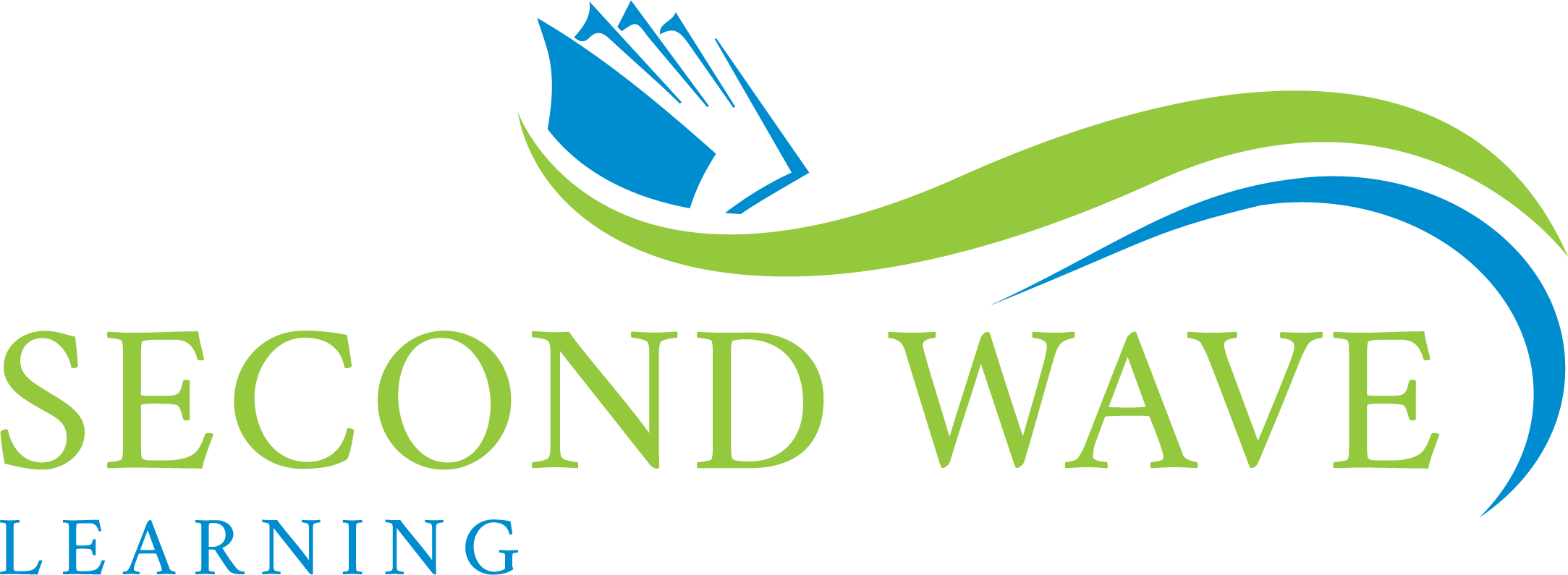The Millennial Mentoring Imperative
For Millennial employees, mentoring isn’t seen as a perk or a bonus — it’s become something they expect and see as a necessity for their professional success. Coming from a lifetime of teaching, guidance and coaching from every adult in their lives, Second-wave Millennials enter the workplace expecting (and often needing) more of the same
Mentoring has several benefits for Second-wave Millennials, many of whom never received coaching in soft skills like business communications and networking. Mentoring can provide these young professionals with an additional stream of the feedback and advice they crave from their employers. It can also help them learn more about their team, company and place in the work world. Millennials who receive mentoring are happier at work than their un-mentored peers.
Improved Loyalty and Retention
But mentoring isn’t just good for the Millennial employees — it’s also good for their employers, who will benefit from having more engaged and loyal employees. A study by Deloitte suggested that Millennials who have mentors are twice as likely to plan to stay with their current company for more than 5 years. The Association for Talent Development reported that companies with formal mentoring programs in place receive higher marks for employee engagement and retention. https://www2.deloitte.com/global/en/pages/about-deloitte/articles/millennialsurvey.html
While mentoring is often seen as informal-but-helpful chats over a cup of coffee or lunch, there are several models in practice. For Millennials, the more formal the mentoring structure, the more they’ll benefit.
There is an increase in not just mentorship but sponsorship of young employees. Unlike traditionally informal mentoring, sponsorships match a young employee with an influential higher-up who can be both their confidante and champion as the young professional progresses and grows at the company.
Where Do I Start?
Either way, setting up a formal mentorship or sponsorship program is key to both attracting and retaining top Millennial employees. In some ways, the more formal this program is, the better the results will be. Here are tips on getting started:
Recruit mentors first. Mentors should be personable, approachable and friendly, but they should also be people who can set a great example for young employees, listen actively and provide feedback appropriately.
Determine the structure. Work with the mentors to determine the structure, length, frequency of meeting, approved meeting locations and other details. Having all the mentors on the same page about what is and isn’t required will help ensure mentees have a consistent experience.
Make matches. New employees, young professionals and anyone else interested should be matched with a mentor. Matches work best when they are between people who have similar interests and aspirations, and those people don’t necessarily need to be from the same department.
Get feedback. After a few months, be sure to get feedback from both mentees and mentors about how the program is working for all parties involved, and tweak as necessary.
Both mentors and mentees should benefit from this program with an increase in both job satisfaction and professional development — after all, young professionals can teach their more experienced colleagues a lot, too!
Happy mentoring.
